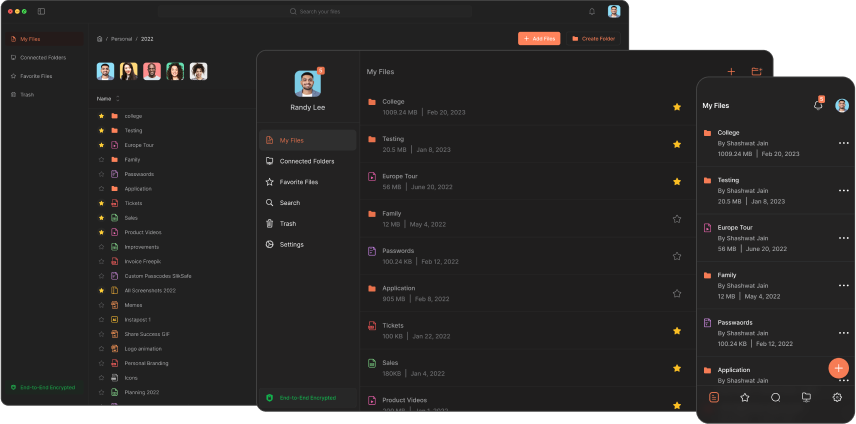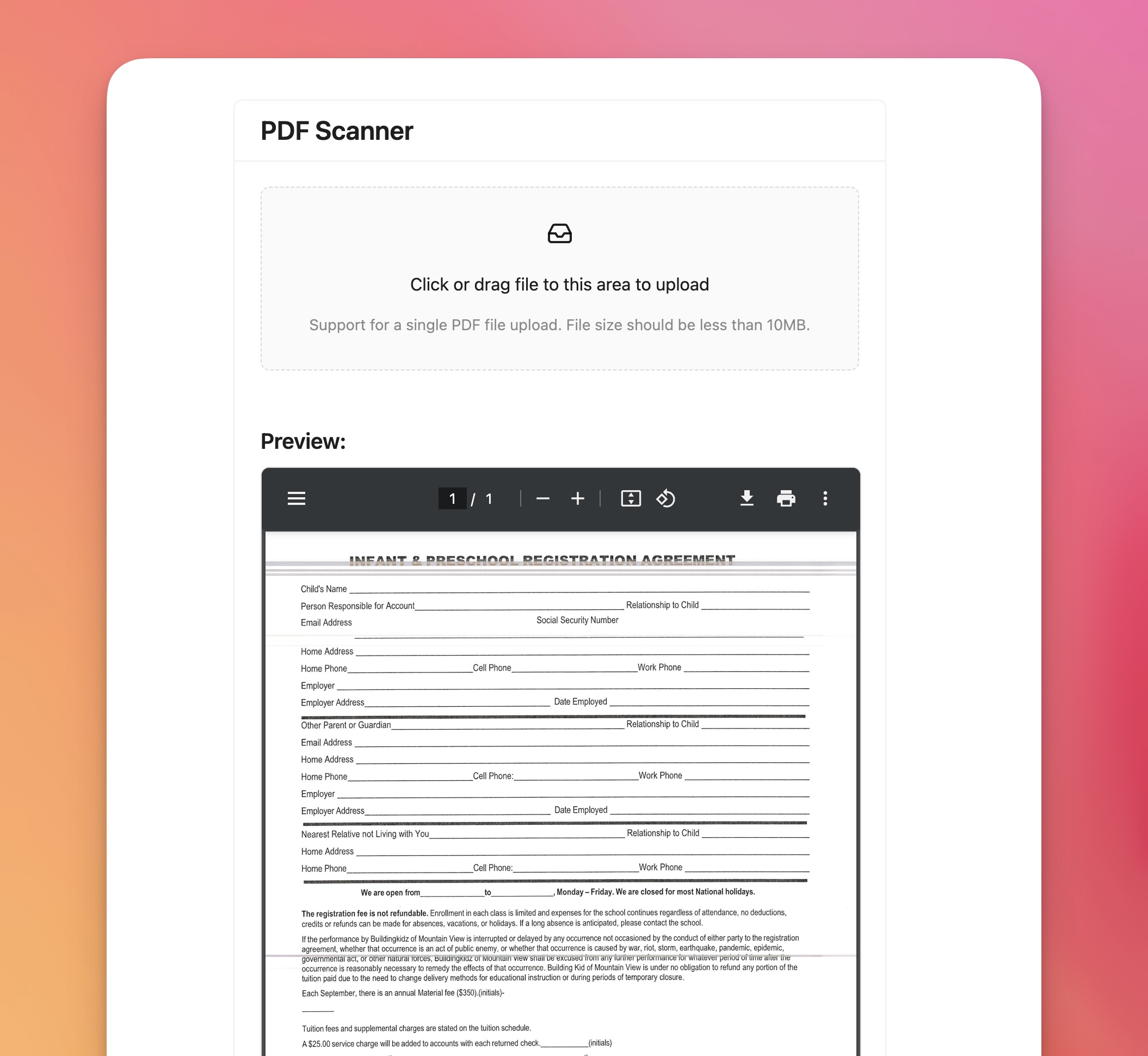Scan To PDF
Scan your files using AI and remove the background.Click or drag file to this area to upload
Support for a single PDF file upload. File size should be less than 10MB.
How to Convert Images to Word Documents: A Comprehensive Guide
In today's digital age, converting images to Word documents can be incredibly useful for a multitude of applications, from creating editable text from scanned documents to incorporating visuals into professional reports. This guide will walk you through the various methods to convert images (like JPEG, PNG, etc.) to Word documents, ensuring the process is smooth and efficient.
Why Convert Images to Word Documents?
Understanding why you might want to convert images to Word documents is the first step in appreciating the versatility and utility of such conversions. Here are several compelling reasons:
1. Editability
Converting images containing text to Word documents makes the text editable, thus facilitating easy corrections, updates, and formatting changes.
2. Enhanced Usability
Word documents are widely used and supported across various platforms, making them convenient for sharing and collaboration.
3. Content Integration
Integrating images into Word documents can enhance the visual appeal and comprehensibility of reports, presentations, and articles.
4. Optical Character Recognition (OCR)
Using OCR technology, you can extract text from images, making it searchable and editable, which is particularly useful for digitizing printed documents.
Methods to Convert Images to Word Documents
There are several methods to convert images to Word documents, ranging from online converters to dedicated software applications. Let's explore some of the most effective options:
Using Online Converters
Online converters provide a quick and easy solution for converting images to Word documents without the need to install additional software. Here’s how to use them:
-
Upload Image
Navigate to the online converter's website and upload your image file. -
Choose Output Format
Select the output format, which in this case is a Word document (DOC or DOCX). -
Convert and Download
Click on the convert button and download the resulting Word document. Some popular online converters include:
- Online OCR
- Convertio
Using Microsoft OneNote
Microsoft OneNote is a powerful tool that can be utilized for image to Word conversion, especially for extracting text.
-
Insert Image Open OneNote and insert your image by dragging it into a Notebook or selecting
Insert > Pictures. -
Copy Text from Picture
Right-click on the inserted image and selectCopy Text from Picture. -
Paste Text
Open a new Word document and paste the copied text.
Using Adobe Acrobat
Adobe Acrobat provides a robust solution for converting scanned images to Word documents, thanks to its advanced OCR capabilities.
-
Open Image File
Open Adobe Acrobat and open the image file you want to convert. -
Export to Word
Click onFile > Export To > Microsoft Word, and select whether you want aWord Documentor another format. -
Save File
Choose where to save your file and clickSave.
Using Dedicated Software Applications
Dedicated software applications often offer more advanced features, such as batch processing and detailed formatting options. Some reliable software tools include:
- ABBYY FineReader
- PDF to Word Converter by Wondershare
Step-by-Step Guide Using ABBYY FineReader
Here’s a detailed guide on how to convert images to Word documents using ABBYY FineReader:
-
Download and Install ABBYY FineReader
Visit the ABBYY website and download the application. Follow the on-screen instructions to install the software. -
Launch ABBYY FineReader
Open the ABBYY FineReader application on your computer. -
Open the Image File
Click onOpen > Image or PDFto select your image file. -
Perform OCR
Use the OCR function to scan the image and convert the text. -
Save as Word Document
ClickFile > Save Asand chooseMicrosoft Word Document (DOCX)as the format.
Tips and Best Practices
Ensure a seamless conversion process by keeping the following tips and best practices in mind:
1. Quality of the Image
High-quality images with clear text yield better OCR results. Avoid blurry or low-resolution images for accurate text extraction.
2. Batch Processing
If you have a large number of images to convert, use software tools that support batch processing to save time.
3. Review and Edit
Always review and edit the converted Word document to correct any errors that may have occurred during the OCR process.
4. Preserve Formatting
Make use of tools and settings that preserve the original formatting of your images, especially if the layout and design are important.
Troubleshooting Common Issues
Here are some common issues you might encounter during the conversion process and how to troubleshoot them:
1. Inaccurate Text Extraction
Ensure that the OCR settings are correctly configured and that the image quality is high.
2. Unsupported Formats
If an image format is unsupported, convert it to a supported format (like PNG or JPEG) before using the OCR tool.
3. Software Crashes
Make sure your software is up to date and your system meets the necessary requirements to avoid crashes and interruptions.
Conclusion
Converting images to Word documents can be a straightforward process if you use the right tools and follow best practices. Whether you're using online converters, Microsoft OneNote, Adobe Acrobat, or dedicated software applications like ABBYY FineReader, you can efficiently transform images into editable Word documents.
By integrating these methods into your workflow, you can enhance productivity, improve document management, and streamline your projects. Start exploring these solutions today to take full advantage of the benefits of image to Word document conversion.
Remember to share this comprehensive guide with colleagues and friends who might benefit from these insights. Happy converting!
Download Now
The Slikest Files Experience Ever Made

